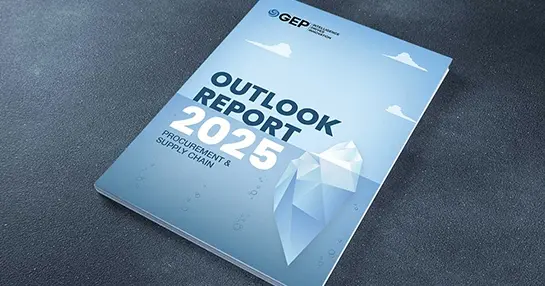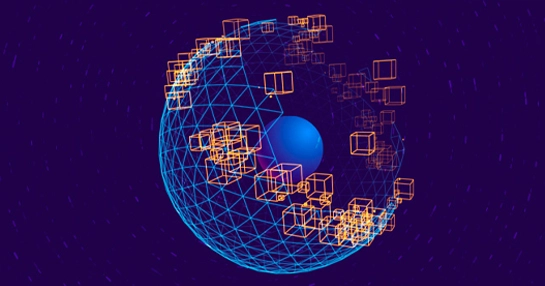What is Enterprise Resource Planning (ERP) System?
Enterprise resource planning (ERP) systems are integrated computer systems that interconnect multiple departments within an organization by sharing data and management information.
Business organizations utilize ERP systems to monitor and coordinate their core operations in one central location. To implement resource planning, many businesses rely on ERP software programs that can bring all of the functions necessary to manage the business.
An enterprise resource planning system connects all the disparate IT infrastructure components of a major company. If there weren't an enterprise resource planning (ERP) application, each division's system would have to be tailored to its own needs. Each division can keep using its own software, but with ERP, everyone can access their data from a single program.
In addition to coordinating all of these processes, an ERP software platform can also manage inventories, sales, marketing, finance and human resources.
ERP systems are built on a unified database and a unified data structure (schema). This helps guarantee that all business-wide data is consistent and built on a foundation of shared terminology and understanding. These fundamental elements are then linked together by workflow-driven business processes that cut across functional areas of a company (such as accounting, human resources, IT, marketing, and operations). ERP is the means by which an organization's various departments, procedures, and technology are brought together.
Optimally utilized ERP systems enable fluid flow of information within an organization and form the backbone of most decisions by creating a single version of data.
Stay Ahead With Fresh Thinking and Insights







